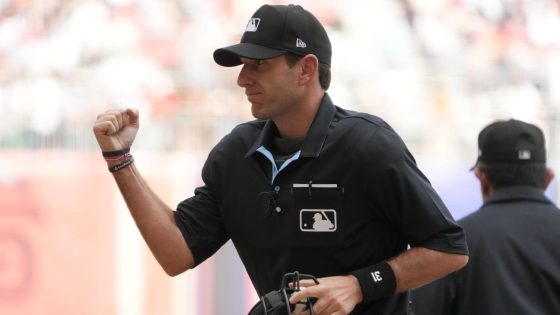In a surprising shift for college football, major programs like USC and Texas are opting out of traditional spring games for the 2025 season. This change raises questions: Are these games becoming obsolete? With the expanded playoff format, teams are focusing on more competitive practices instead.
- Expanded playoffs impact college football season
- USC and Texas cancel spring games for 2025
- Spring games not significant revenue sources
- Player power influenced by NIL and transfers
- Coaches cautious about player treatment now
- Fans concerned about players' financial gains
Why Are Major Colleges Ditching Spring Games in 2025?
What does the cancellation of spring games mean for college football fans? As USC and Texas follow suit, other teams like Ohio State and Nebraska are also dropping their spring scrimmages. This trend indicates a significant shift in how programs prioritize player welfare and financial considerations.
Impact of NIL and Player Power on College Football
The rise of Name, Image, and Likeness (NIL) deals has empowered college athletes, leading to a reevaluation of traditional practices. Coaches are now more cautious about overworking players during spring practices, as losing talent to rival programs becomes a real threat. This shift highlights the evolving landscape of college sports.
Key Reasons for the Shift Away from Spring Games
Several factors contribute to the decision to cancel spring games:
- Financial implications: Spring games often don’t generate significant revenue.
- Player safety: Coaches prioritize player health and well-being.
- Competitive focus: Teams want to maximize practice efficiency.
- Changing dynamics: The influence of NIL and transfer options.
What This Means for Fans and Programs
For fans, the absence of spring games may feel disappointing. These events traditionally serve as a preview of the upcoming season. However, programs are betting that enhanced practices will lead to better performance in the fall. Will this strategy pay off?
The Future of Spring Games in College Football
As more programs abandon spring games, the future of these events remains uncertain. Will they return, or is this the end of an era? With the landscape of college football rapidly changing, only time will tell how teams adapt and engage with their fanbase.
In conclusion, the decision by major colleges to skip spring games reflects broader Trends in college football. As the sport evolves, both players and fans must adjust to new realities. Are you ready for the changes ahead?































![Binance Coin [BNB] Price Surge Ahead: Crucial Levels to Monitor Amid Market Shifts](https://news.faharas.net/wp-content/uploads/2025/02/Binance-Coin-BNB-Price-Surge-Ahead-Crucial-Levels-to-Monitor.webp.webp)
